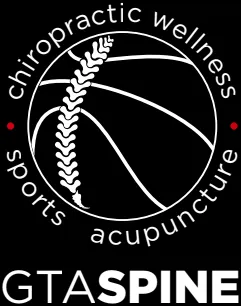What is a Herniated Disc?
A herniated disc is a condition that occurs when the soft inner part of a spinal disc protrudes through a tear in its tough outer layer. This can happen in your lower back (the lumbar spine), your neck (the cervical spine), or other parts of your spine. When this happens, it can put pressure on nearby nerves, causing pain, numbness, tingling, or weakness in areas like your back, legs, or arms.
Herniated discs are often linked to the natural aging process, injuries, or overstraining the back. One common issue that can arise from a herniated disc is sciatica, where you may feel pain that travels down from your lower back into your legs. It’s important to recognize the symptoms and seek proper treatment to manage the pain and avoid further problems.
Common Causes
- Age-related wear and tear (degenerative disc disease)
- Sudden strain or injury from lifting heavy objects
- Repetitive movements or poor posture
- Trauma from accidents or falls
Symptoms of Herniated Disc
- Sharp or burning pain in the back or neck
- Radiating pain down the arms or legs (sciatica)
- Numbness or tingling in the extremities
- Muscle weakness or spasms
- Difficulty moving or bending
When to See a Specialist
Seek professional help if you experience:
- Severe or worsening pain despite rest
- Numbness or weakness in your limbs
- Loss of bladder or bowel control (emergency)
- Pain that interferes with daily activities
How Can a Physiotherapist Help Treat a Herniated Disc?
At GTA Spine, our physiotherapists design personalized treatment plans to reduce pain, improve mobility, and strengthen your back muscles. Through targeted exercises, manual therapy, and education on posture and body mechanics, we aim to help you recover safely and prevent future injury.
